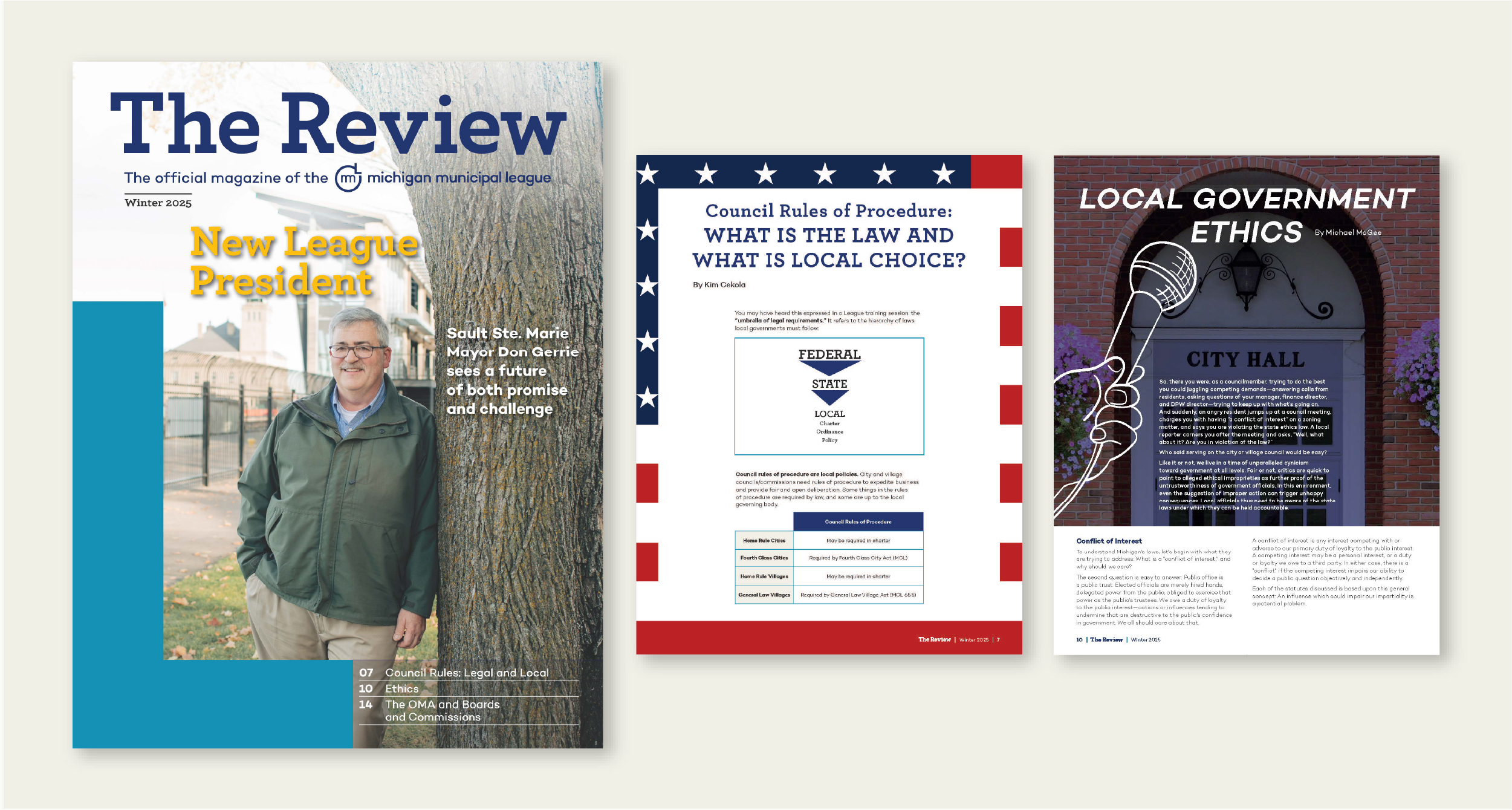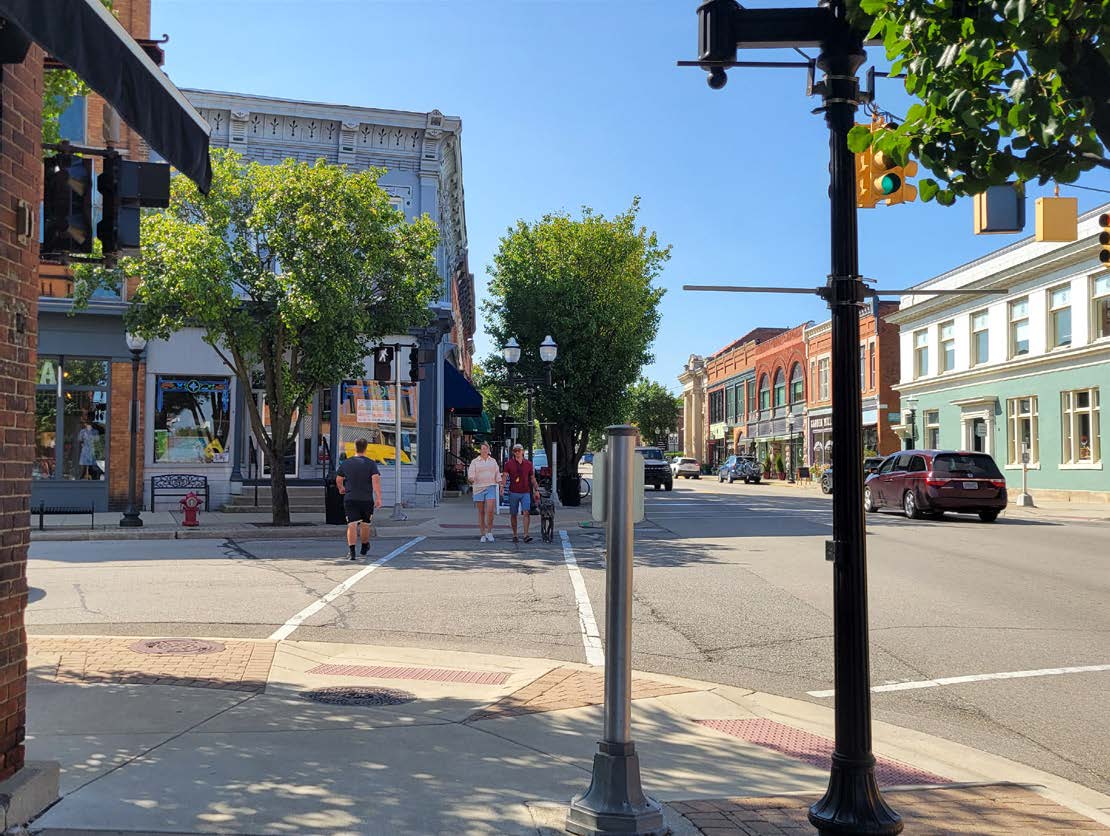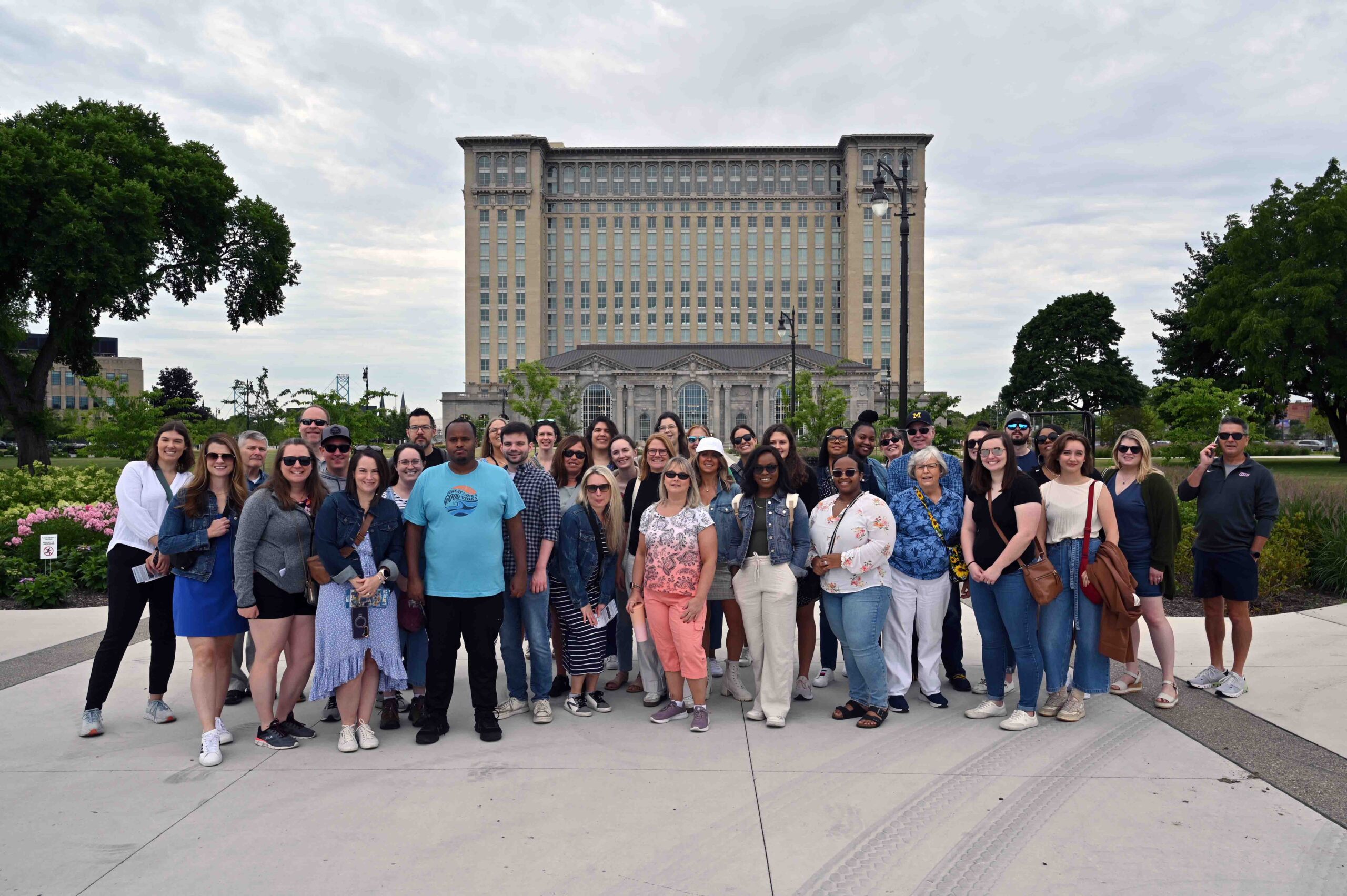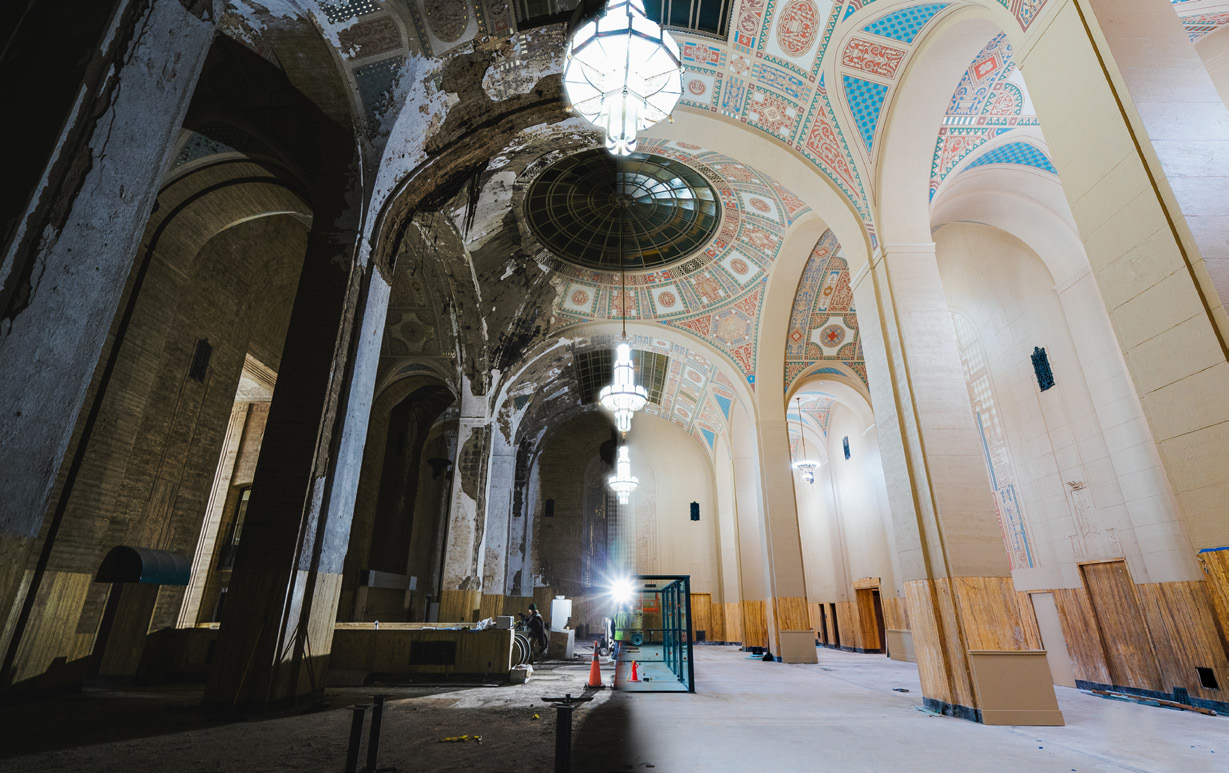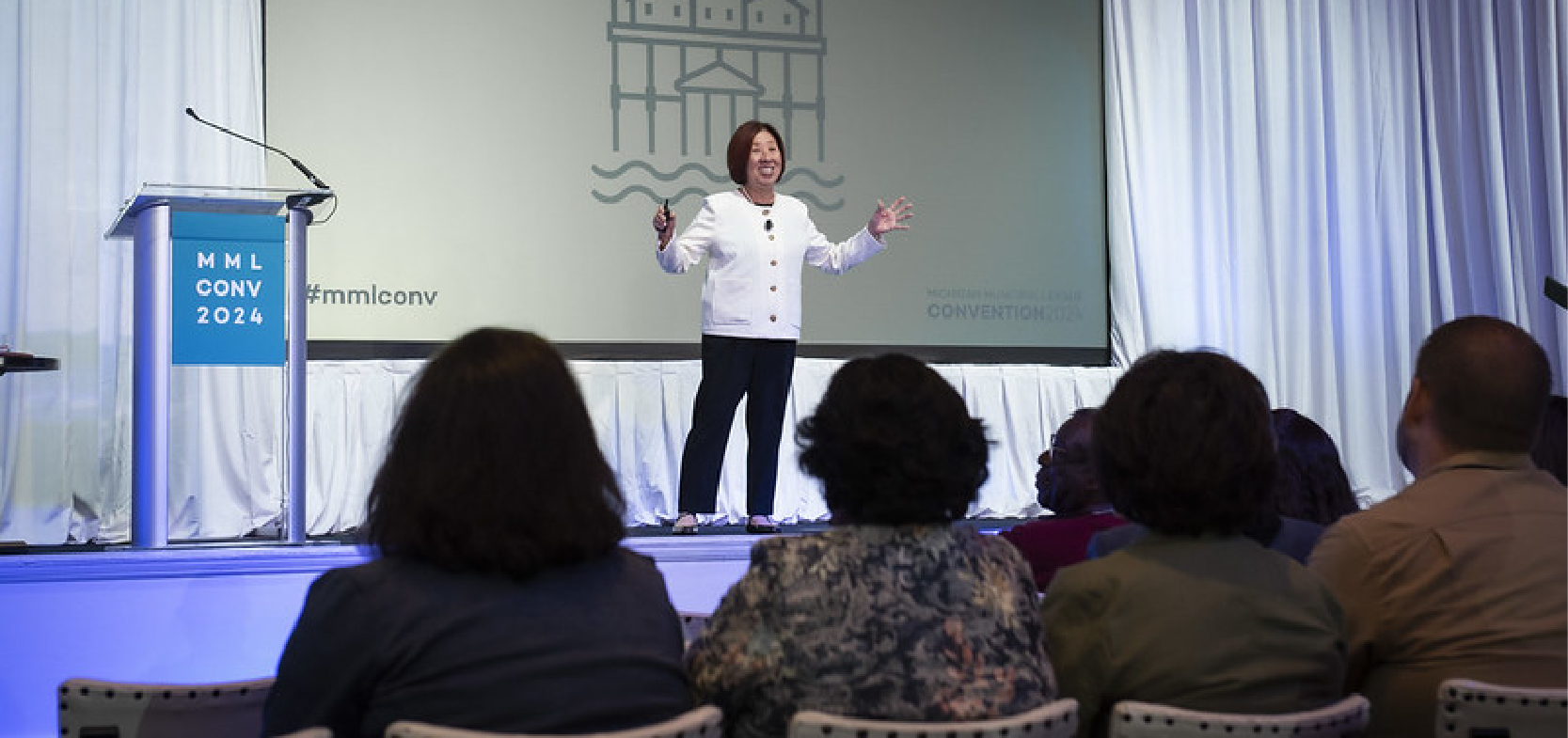What’s New
View Calendar
Recent Legislative Actions View All News
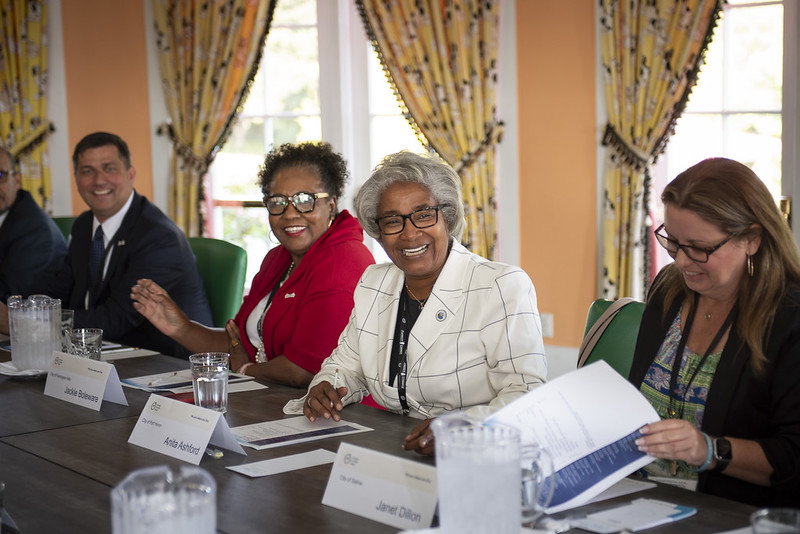
Trust & Belonging
Engage. Act. Having diverse and welcoming communities that actively work to hear all voices is a key MML tenet. Start here.
Community Wealth Building
Community Wealth Building enhances the human experience in communities in ways that foster trust and belonging and creates equity for all.




